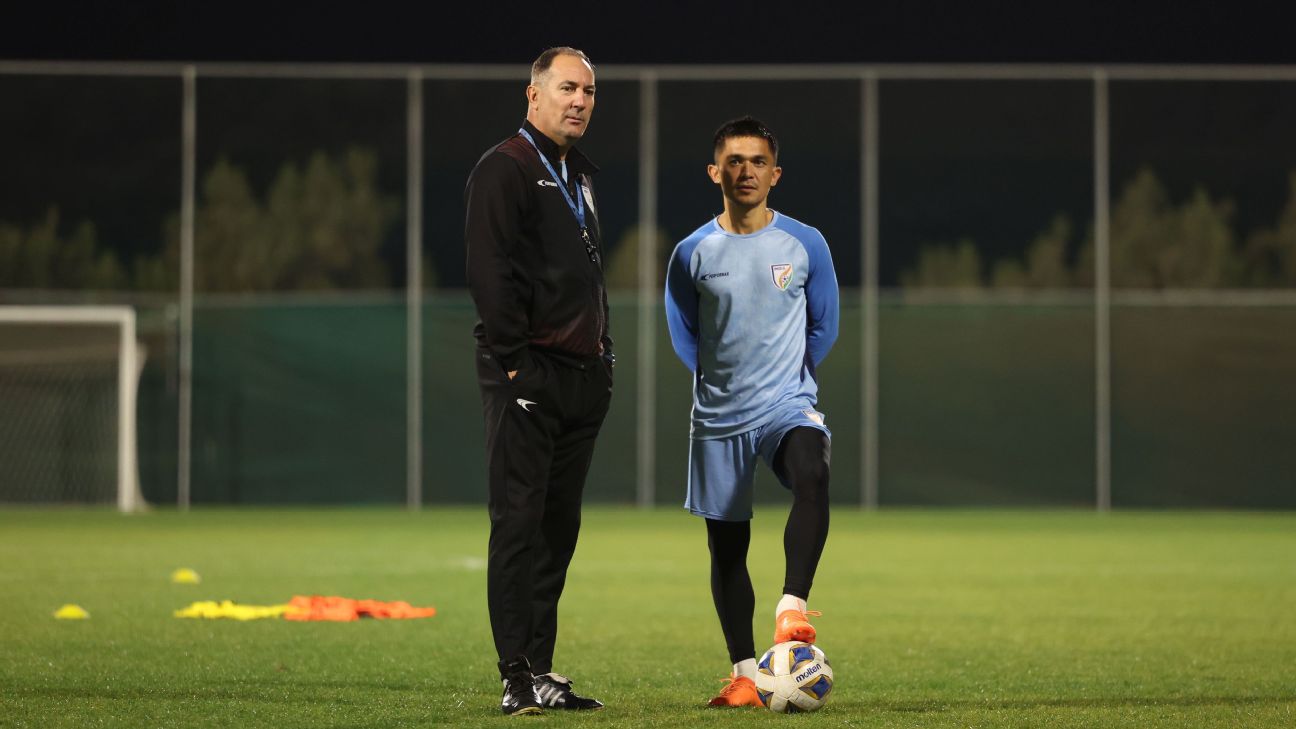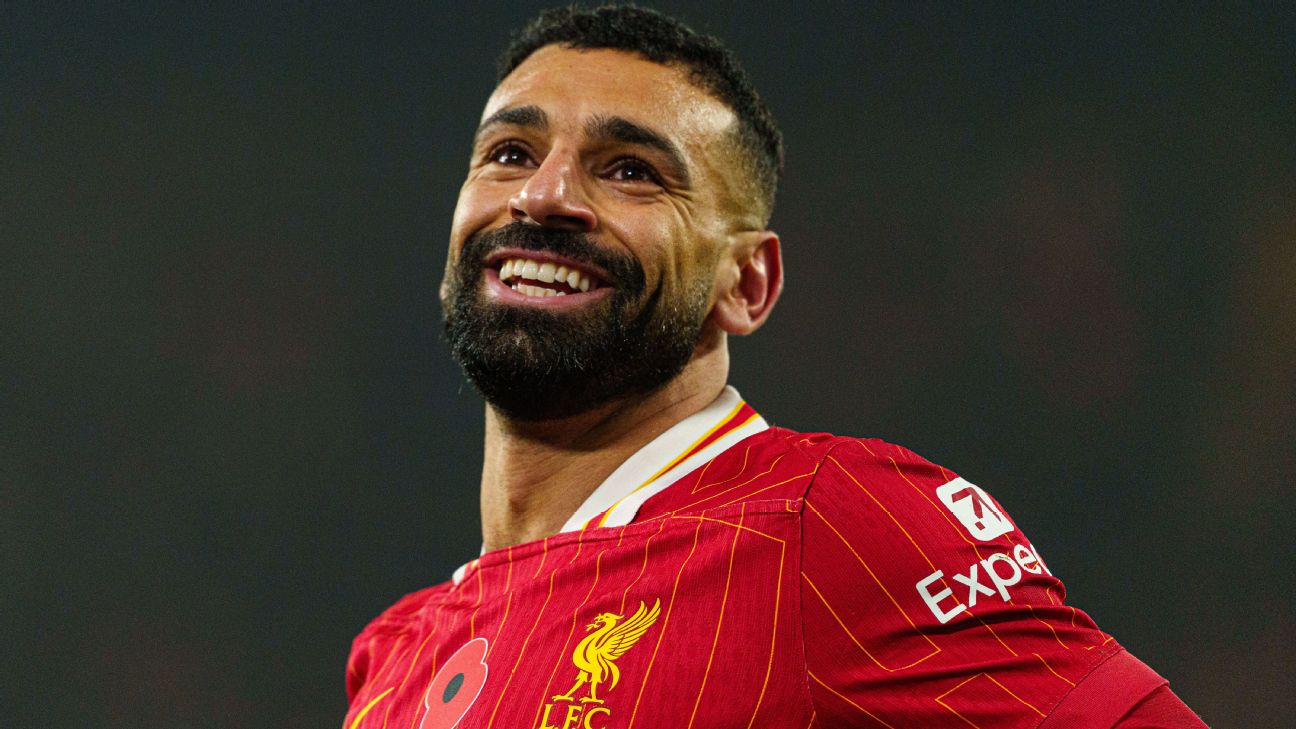“Knowing that we’re not going to get enough time for Asian Cup, I don’t consider the Asian Cup such important tournament for us. I need to make sure that we get enough points in our group for the World Cup qualifiers… So, let’s stop talking about Asian Cup.” – Igor Stimac in his post-match press conference after Qatar beat India 0-3 in FIFA World Cup Qualifier (WCQ) in Nov 2023.
“I’m looking you in the eye and telling you we are going to qualify; we are going to be there. We are going to make sure India gets ten more games against great Asian teams in the third round of the Asian qualifiers.” – Igor Stimac to RevSportz days ahead of a crucial WCQ against Afghanistan in Mar 2024.
The two faces of Igor Stimac, head coach of the Indian men’s national football team, may appear incongruous but it fits into a certain pattern. Stimac had led India into a tough group at the Asian Cup and while the results were expected, the performances were below-par. The expectations, though, had been set by Stimac’s dramatic press conference in November.
And the AIFF had seemingly agreed with Stimac and his idea that the Asian Cup — the most important international football tournament India plays in – was only going to be a stepping-stone for something larger. And that’s a first appearance in the third round of AFC World Cup Qualifying. Hence, they gave Stimac a contract extension before the Asian Cup. Where most teams would have gone for a refresh, a squad or tactical overhaul, after the disappointment of a 0-point group stage exit at a major tournament, AIFF chose to lay their cards out early and stick to the plan: stability in the group was key, they felt.
Now, though, it’s show time.
Appointed in 2019, Stimac’s India tenure has seen a steadily upward trajectory (at least until the Asian Cup in January), with India playing more front-foot, passing football and blooding in youngsters who have been improving season-by-season thanks to the (slowly) increasing technicality of the Indian Super League (ISL) over these past few years.
In that timeframe, Stimac’s best results have come when India have been seen as an underdog, when he has been able to build that spirit within (and outside) the team setup: take that famous 0-0 draw against Qatar in Doha for instance, or the first 80 odd minutes against Oman in Guwahati that same year. But that had been immediately followed by disappointing results against teams India were expected to beat – Bangladesh and Afghanistan.
At the time, Stimac had pleaded for time and patience, and considering he had just gotten here, both the fans and the federation were willing to give him that… five years down the line, in his second WCQ-cycle, it’s time for Stimac to deliver. And he’s going to have to do it across two matches against opposition who were already underdogs, but have been made more so by internal crisis: Stimac’s India will face a second/third-tier Afghanistan team on March 21 and 26, after several major senior players boycotted the national team in protest against their federation.
Considering all this, anything but two wins would be a massive blow (especially considering Kuwait will most certainly blow past Afghanistan), and hence Stimac’s loud optimism. He’s read the room, and knows that any attempts at subverting pressure (like he was attempting for the Asian Cup) will backfire. Even taking into consideration the cup competitions that he’s won, this is arguably the first time Stimac has walked into a game knowing that there is no choice for him but to win, and he’s come out with bullish optimism.
As well he might… after all, qualify for the third-round (which starts in Nov 2024) and Stimac’s contract gets an automatic extension till 2028 — making him the longest serving manager in Indian national team history.
This India side is now absolutely Stimac’s baby. Those selected are his favourites, the vast majority of whom have been around him in the NT camp for years, the conditions both inside and outside the camp have been finetuned by him, moulded by him. The time for rationalizing bad results is over: now, it’s time for Igor Stimac’s India to deliver.



